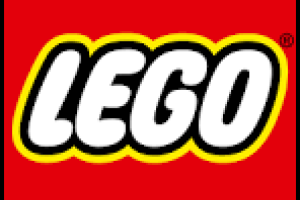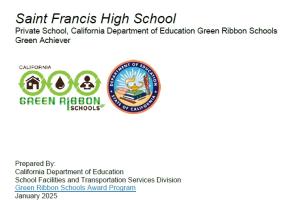
Saint Francis High School CA Dept of Education Green Ribbon Schools 2025 Application
/resource/saint-francis-high-school-ca-grs-award-application
California Department of Education
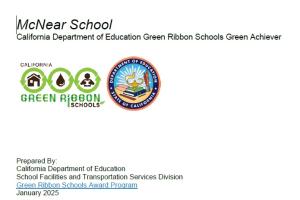
McNear School CA Dept of Education Green Ribbon Schools 2025 Application
/resource/mcnear-school-ca-grs-award-application
California Department of Education
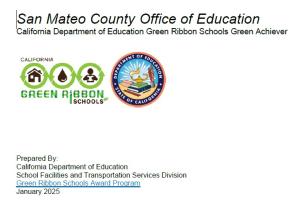
San Mateo County Office of Education CA Dept of Education Green Ribbon Schools 2025 Application
/resource/san-mateo-county-office-education-ca-grs-award-application
California Department of Education
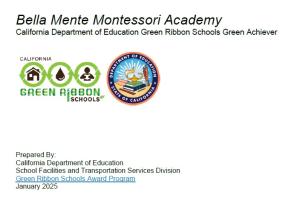
Bella Mente Montessori Academy CA Dept of Education Green Ribbon Schools 2025 Application
/resource/bella-mente-montessori-academy-ca-grs-award-application
California Department of Education
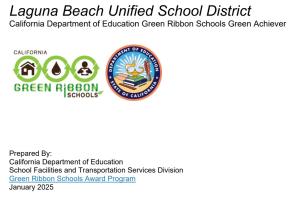
Laguna Beach USD CA Dept of Education Green Ribbon Schools 2025 Application
/resource/laguna-beach-unified-school-district-ca-grs-award-application
California Department of Education
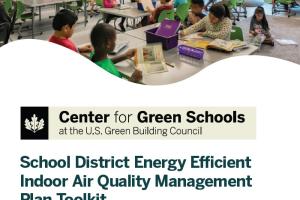
School District Energy Efficient IAQ Management Toolkit
/resource/school-district-energy-efficient-iaq-management-toolkit
Center for Green Schools
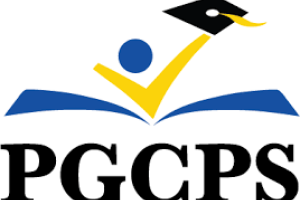
Air Quality Poster Board
/resource/integrating-air-quality-education-k-12-science-curricula
Prince George's County Public School
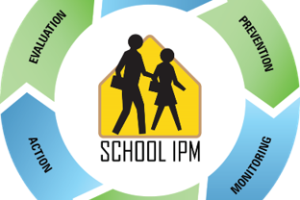
Keeping Pests Out of Our Schools: Template School IPM Slide Deck
/resource/template-school-ipm-slides
Center for Green Schools
School Health Research Library
/resource/school-health-research-library
Center for Green Schools
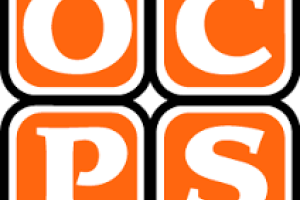
Summer IAQ Walkthrough Checklist
/resource/summer-iaq-walkthrough-checklist
Orange County Public Schools
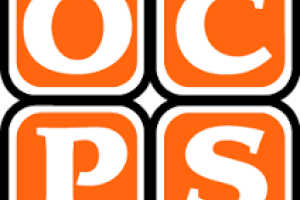
Indoor Air Quality Summer Inspection Questionnaire (OCPS)
/resource/indoor-air-quality-summer-inspection-questionnaire
Orange County Public Schools
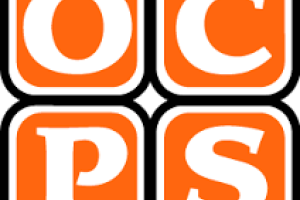
Indoor Env. Quality Management Plan
/resource/indoor-env-quality-management-plan-ocps
Orange County Public Schools

Indoor Air Quality Management Plan (DesMoines Public Schools)
/resource/indoor-air-quality-management-plan-desmoines
DesMoines Public Schools
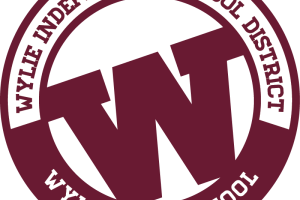
Indoor Air Quality Management Plan
/resource/indoor-air-quality-management-plan-wylie-isd
Wylie Independent School District
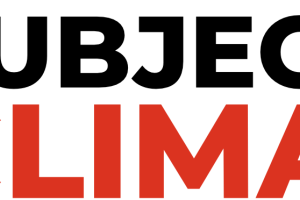
K-12 Climate Change Lessons by Teachers
/resource/subject-climate-core-platform
Subject To Climate
Electric School Bus (ESB) Guidebook
/resource/electric-school-bus-esb-guidebook
New York State Energy Research and Development Authority
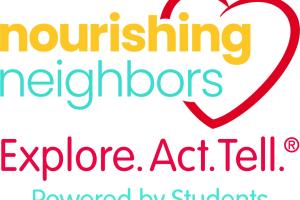
Explore.Act.Tell. - Student Service Program
/resource/exploreacttell-student-service-program
Albertsons Nourishing Neighbors Foundation
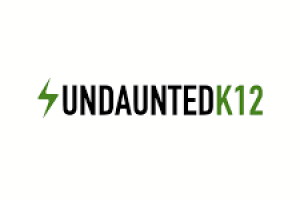
School Board Member Climate Action Toolkit
/resource/school-board-member-climate-action-toolkit
UndauntedK12
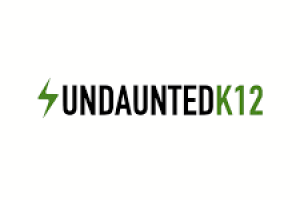
Schools and the Inflation Reduction Act
/resource/schools-and-inflation-reduction-act
UndauntedK12
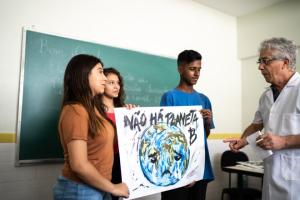
Applications Now Open to be a 2023-2024 NESST Youth Ambassador
/resource/applications-now-open-be-2023-2024-nesst-youth-ambassador
Smithsonian Science Education Center

Help Youth Take Action on Biodiversity in Your Community
/resource/help-youth-take-action-biodiversity-your-community
Smithsonian Science Education Center

Smithsonian Science for Global Goals
/resource/smithsonian-science-global-goals
Smithsonian Science Education Center
Educating for Sustainable Development: Perspectives of U.S. and Global Educators Report
/resource/educating-sustainable-development-perspectives-us-and-global-educators-report
Smithsonian Science Education Center
PBS Bring the World to Your Classroom
/resource/pbs-bring-world-your-classroom
PBS
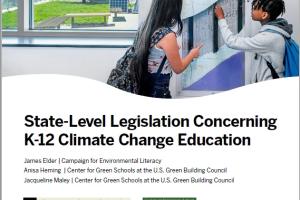
State-Level Legislation Concerning K-12 Climate Change Education
/resource/state-level-legislation-concerning-k-12-climate-change-education
Center for Green Schools in partnership with the Campaign for Environmental Literacy

